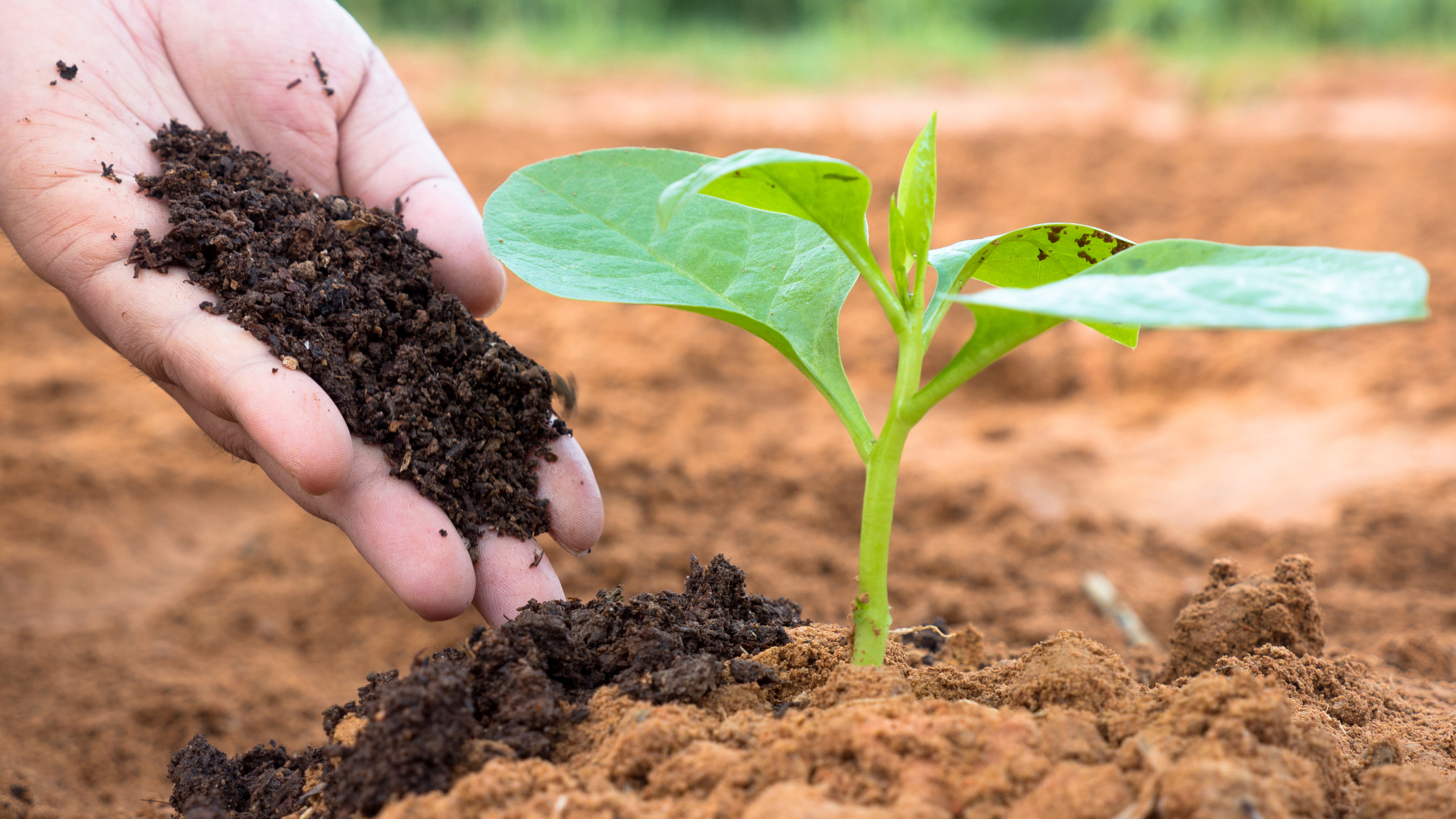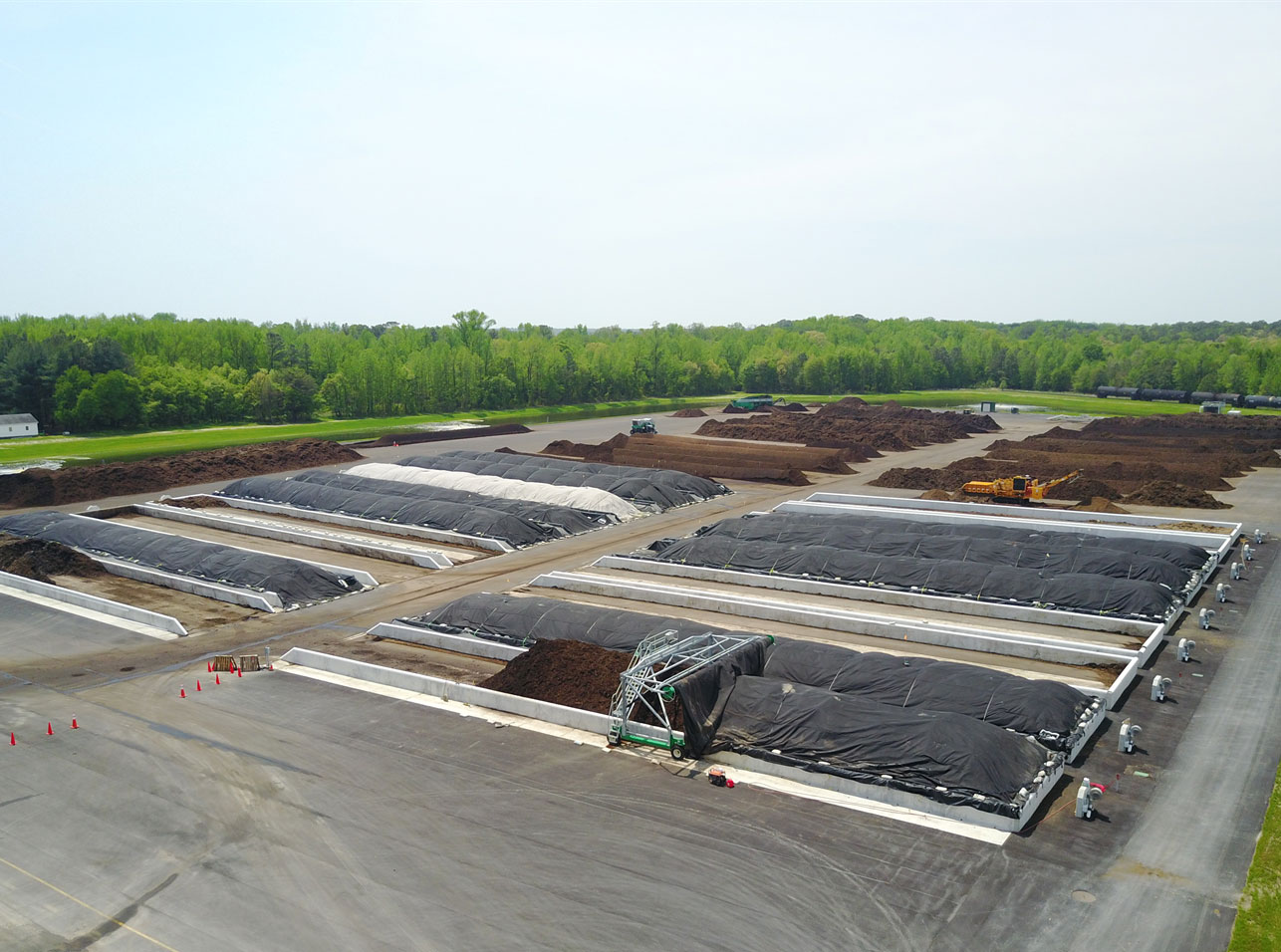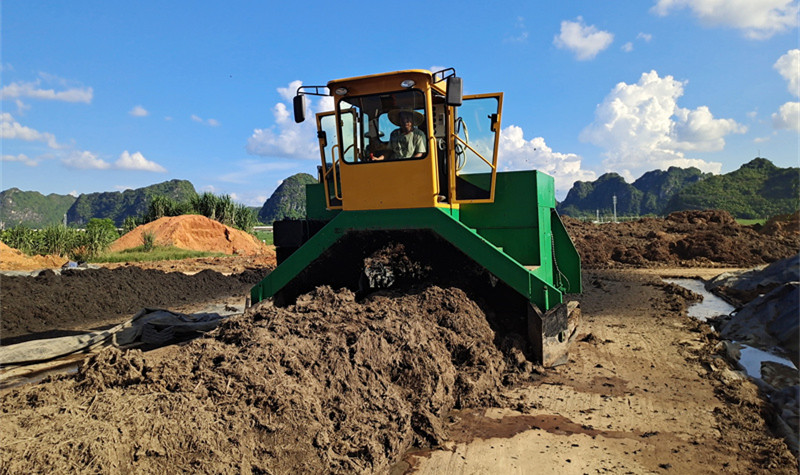Composting has become increasingly popular as people look for ways to reduce their carbon footprint. Composting is an efficient way to recycle organic waste materials, while also providing a source of high-quality nutrients that can be used to improve soil fertility and help crops thrive. As the demand for compost grows, the industry is turning to scale-based production methods to increase the efficiency and quality of compost production.
Based on scale composting involves large-scale production of compost, ranging from several hundred to several million tons per year. This method is different from traditional composting, which relies on individual bins and piles, as large-scale composting requires more infrastructure, such as specialized machinery and site facilities. Compared to traditional composting methods, scale-based composting also has several advantages, including:
1. Improved efficiency: By using larger-scale production methods, such as specialized machineries like self-propelled compost turners or trough turners, or using composting fermentation tanks, large-scale composting can process more organic waste faster than traditional methods. This increased efficiency means less time spent on composting and more compost available for use. In terms of cost, self-propelled compost turners can perform composting operations directly on open-air composting sites, while trough composting plants and composting plants using fermentation tanks require more initial investment in facility construction.
2. Improved quality: Large-scale composting production can also better monitor and control the conditions required for effective composting, such as temperature and humidity. Composting fermentation has high requirements for the temperature and humidity of organic materials, and centralized large-scale production can unify temperature and humidity adjustment, thus ensuring compost quality.
3. Reduced environmental impact: The main material source of composting is a large amount of organic waste, and the centralized recycling of these organic wastes can greatly reduce the demand for landfills. Since a large amount of odor and organic pollutants are inevitably generated during the composting production process, large-scale composting plants are generally located far from urban areas and have specialized measures to treat pollutants harmlessly. This minimizes the negative impact on the surrounding environment, such as water pollution and air pollution.
Large-scale composting is rapidly becoming the preferred method for large-scale composting production. By using larger-scale production methods, scale-based composting can improve efficiency, produce better quality compost, and reduce the environmental impact of landfill sites. As demand for compost continues to grow, scale-based composting production is a good way to meet industry needs and help reduce our environmental pollution.
Post time: Mar-02-2023





